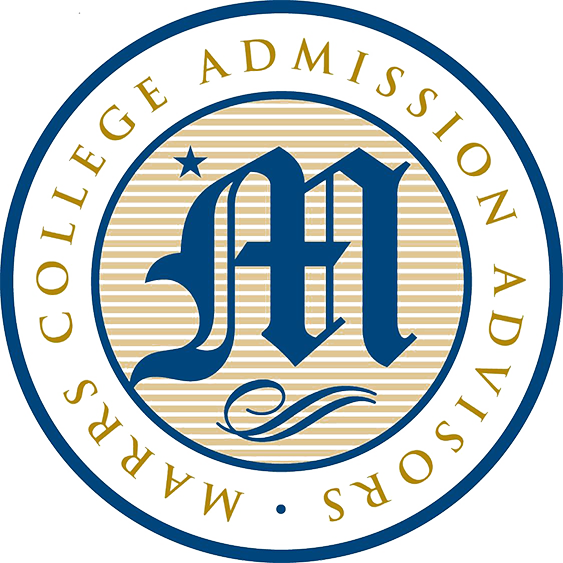College Highlight
Drexel University
From the Fiske Guide:
Drexel is a streetwise, no-nonsense technical university in the heart of Philadelphia. Like Lehigh, Drexel also offers programs in business and arts and sciences, and its most distinctive offering is the Westphal College of Media Arts and Design.
A financial bargain compared to other leading technical schools, Drexel has abandoned its aggressive expansion plans and in-your-face recruitment style of recent years in order to increase yield and graduation rates. Check out the co-op program. For career-minded students who want to bypass the soul-searching of their liberal arts counterparts, Drexel University offers both solid academics and an innovative co-op program that combines high-tech academics with paying job opportunities-a mix that’s particularly appealing in today’s economic climate.
Drexel’s 123-acre campus, which is adjacent to the University of Pennsylvania, is condensed into about a 20-block radius. It lies in a formerly crime-ridden neighborhood that is now one of the most desirable parts of Philadelphia, with plenty of restaurants and stores. A long-term, multiphase neighborhood remake will include a $3.5 billion “Innovation Neighborhood” along the Schuylkill River rail yards that will house new research facilities and incubator space. Additional facilities include the Center City Campus for the College of Nursing and Health Professions. Cooperative education is the hallmark of Drexel’s curriculum, which alternates periods of full-time study and full-time employment for four or five years, providing students with six to 18 months of job experience before they graduate.
The co-op possibilities, which more than 90 percent of undergraduates take advantage of, are unlimited: students can pursue co-ops virtually anywhere in the U.S. or in 45 other countries. Students in five-year programs spend their freshman and senior years on campus; the three intervening years (sophomore, prejunior, and junior) usually consist of six months of work and six months of school. A 10-week preparatory course, Co-op 101, covers such topics as skills assessment, ethics in the workplace, résumé writing, interviewing skills, and stress management. Most co-ops are paid, and the median six-month salary for co-op students is nearly $19,000. And although some students complain that jobs can turn out to be six months of busywork, most enjoy making important contacts in their potential fields and learning while earning. To accommodate the co-op students, Drexel operates year-round. “I would describe the climate as intense but manageable,” says one senior. “Being on a quarter system is rigorous at times.”
Flexibility in requirements varies by college, but in the first year everyone must take English composition, mathematics, and two one-credit courses: one that introduces students to university resources and one on civic engagement in the local community. Engineering majors must also complete the Drexel Engineering Curriculum, which integrates math, physics, chemistry, and engineering to make sure that even techies enter the workforce well-rounded and able to write as well as they can compute and design.
Professors receive high praise from most, and are noted for their accessibility and warmth. Says one student, “The only things that teaching assistants run are labs and study sessions.” Fifty-two percent of classes have fewer than 20 students. The most popular majors are mechanical engineering, computer science, finance, and biological sciences. Drexel’s greatest strength is its engineering college, where the materials science, electrical, and architectural engineering programs are particular standouts. Other noteworthy programs include nursing, business, and the Westphal College of Media Arts and Design’s majors in architecture, game design and production, and film and television; the College of Arts and Sciences is well recognized for theoretical and atmospheric physics.
In addition to need-based financial aid, merit scholarships averaging $17,000 and nearly 200 athletic scholarships are awarded to qualified students. Freshmen live in one of nine co-ed residence halls, including a luxurious high-rise, but most upperclassmen reside in nearby apartments or fraternity houses.
With so many students living off campus and the city of Philadelphia at their disposal, Drexel tends to be a bit deserted on weekends. Friday-night flicks on campus are cheap and popular with those who stay around, and dorms sponsor floor parties. The dozen or so fraternities, which recruit 11 percent of the men, also contribute to the party scene, especially freshman year; the handful of smaller sororities attract 10 percent of the women. “Greek life is relatively small, so there are plenty of other ways to be involved socially,” a senior says.
Aspiring poets, musicians, and historians may find Drexel a bit confusing. But future computer scientists, engineers, and other technically oriented minds could get a fantastic jump-start on their careers, thanks to the university’s unique approach to learning inside and outside the classroom. As one satisfied student explains, “The terms are intense, the activities unlimited, but Drexel graduates are surely among the most capable and motivated individuals I have ever met. When I graduate, I will be prepared and proud of it.”

